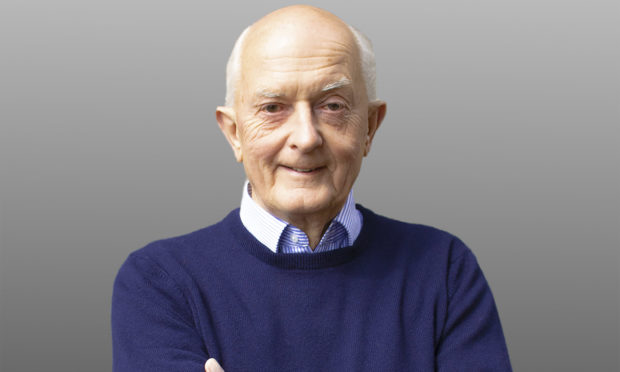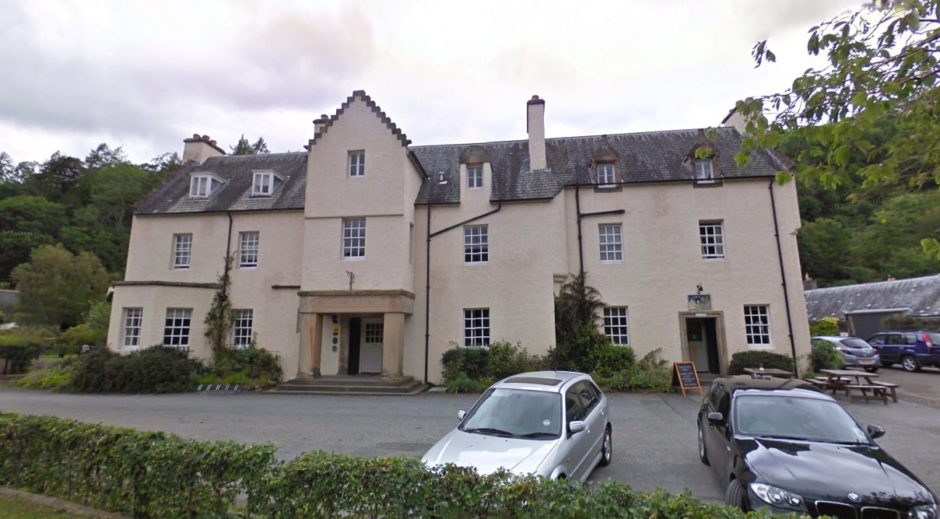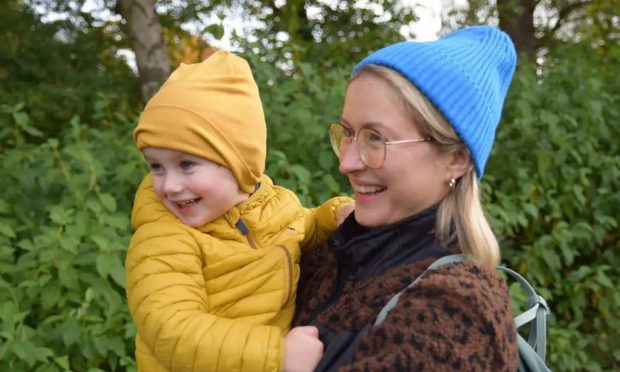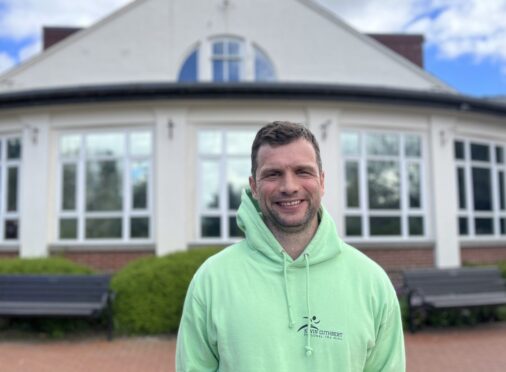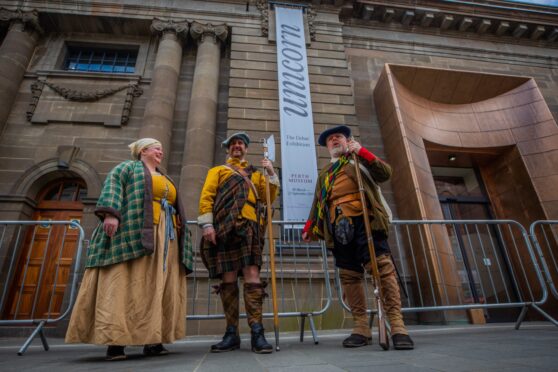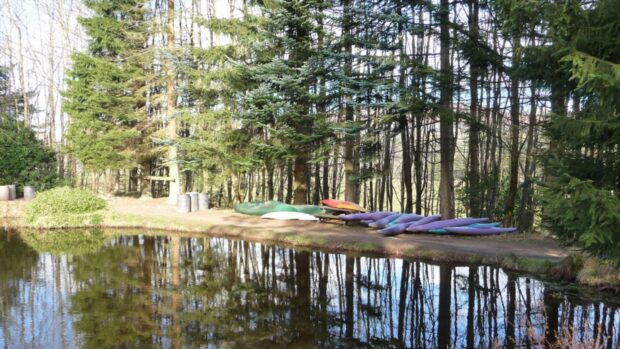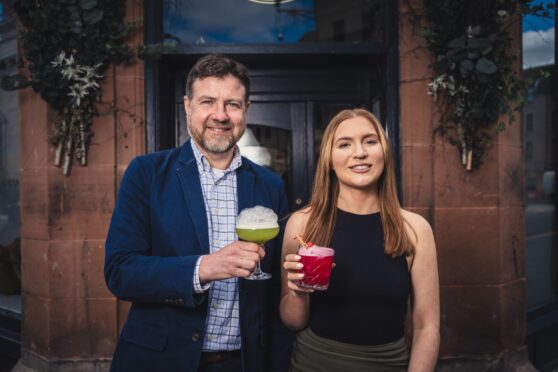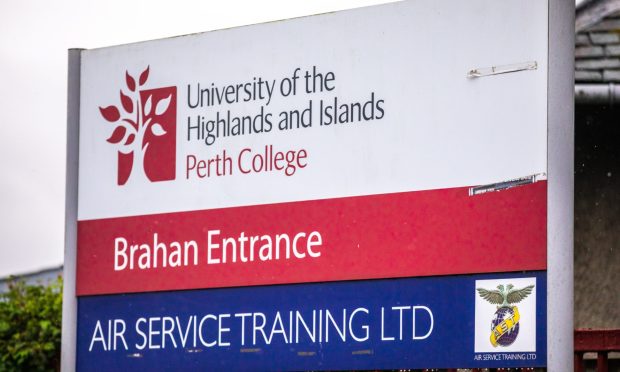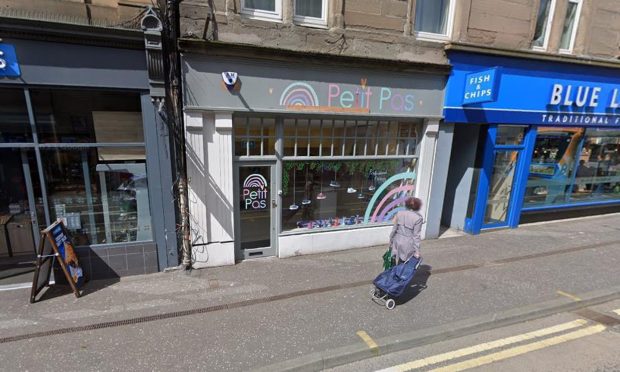A hotel owner in rural Perthshire fears the new immigration system for EU workers will be the “death knell” of his industry.
Robbie Cairns, who runs the Fortingall Hotel in Highland Perthshire, warned unless the new system is fazed in over a period of ten years then many rural hotels will go bust.
Mr Cairns laid bare the crisis his industry faces as a new study by the Federation of Small Businesses (FSB) found one in five small businesses in Scotland would be forced to close or radically change if the new points-based system for EU immigrants is introduced.
The hotelier said: “Small rural hotels have all been struggling and competing with each other trying to get staff.
“There’s none available locally. Scottish school kids seem to give the hotel industry a wide berth.
“It’s a huge problem. Changes to the immigration system now are making it more difficult for people from the EU, Eastern Europe, to come into Britain.
“It is going to hit us like a lead balloon. It’s going to be the death knell – particularly for the rural hotel sector.”
Mr Cairns wants the Westminster government to reassess the impact their new policy will have on hotels both in Scotland and the north of England.
Speaking to Wave FM, he said: “We’re all struggling trying to get staff and this does not help at all.
“It’s a killer blow – I know that’s probably a bit dramatic but that’s how it is.
“What probably has to happen is that the points system and the immigration system is fazed in.
“The first thing in Scotland we’ve got to change is people’s attitude to working in the hospitality sector.That’s going to take years to turn around.”
The under pressure boss believes even if the government introduces subsidies or donations to try and keep rural hotels afloat in the short term, it will not be enough.
“The fundamental problem for us is that we’re people dependent. We’re really totally reliant on having staff.
“If this happens I just don’t know how we’re going to find staff.
“How do we get around this? Most of us will go to the wall, that’s the stark end of all this.”
In its report, the FSB set out a four point plan to make the immigration system work for Scotland, including giving would-be migrants extra points if they want to work in Scotland and piloting a separate visa for remote parts of the country.
Andrew McRae, FSB’s Scotland policy chairman said: “There are now more than 100,000 EU workers in employment in cities, towns and villages across the country.
“Needless to say, the imminent introduction of a new way of hiring workers from outside the UK is a concerning prospect.
“Against a backdrop of weak economic growth, a buoyant labour market and an ageing population, it’s critical that we get the post-Brexit immigration system right.
“The tight timescales mean there’s no margin for error. Getting it wrong risks business closures.”
A Home Office spokesperson said: “We’re ending free movement, taking back control of our borders and delivering on the people’s priorities by introducing a new UK points-based immigration system.
“Employers will need to join our mission to level-up skills and economic growth across the whole UK so that we deliver a high-skill, high-wage and highly productive economy.”
